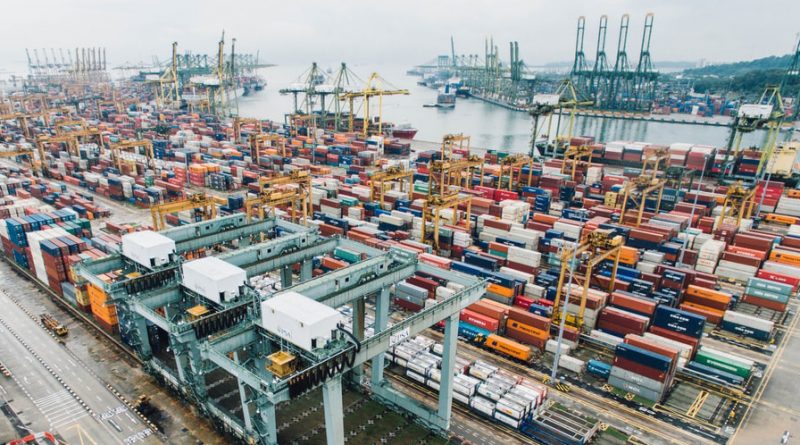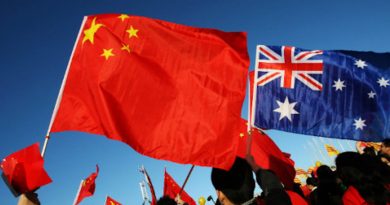Where Has Free Trade Gone?
Staff Writer
Christopher Gomez
Any student of history has heard of the tariff, an obscure remnant of the isolationist past. Or so we thought. The Trump Administration’s decision to raise levies on goods—from China, Canada, and the EU just to name a few—has brought this archaic tactic back to life. Why tariffs? The administration has decided that tariffs are the best option to force other nations to the table and renegotiate past trade deals that “have taken advantage of the US”, according to the Tax Foundation. However, this is not the answer. Only by embracing free trade can we expect to prosper.
Tariffs have led to devastating results throughout history. Alexander Hamilton’s tariffs attempted to protect fledgling American businesses from British competition, resulting in higher domestic prices, inefficient business models, and finally the War of 1812. Another example is the 1930 Smoot-Hawley Tariff; duties on all goods were raised to a whopping 60 percent. According to PRI, it just so happens that the highest tariff in history was implemented on the eve of the Great Depression. They simply cause economic pain.
The tariffs we see today are a byproduct of the growing popularity of nationalism. The Trump Administration promised manufacturing jobs would return to America. The end goal of this promise is complete economic autarky for the US. They want to return to the world of the 1950s where all products were manufactured in America.
Examining the economic ramifications of such a drastic shift, however, reveals a darker truth. Prices will increase and the production capabilities will be severely limited, according to the Brookings Institution. Companies moved abroad to other markets for a variety of reasons including taxes, labor costs, and regulations. These movements allow for companies to create products more efficiently and thus allow the public to buy them cheaper.
This is the basis of free trade; each company or nation specializes to create the products they are best suited to. According to the Wall Street Journal, this in turn allows the public to buy these goods in greater abundance and at a lower price point. Now enter the tariff. Companies must pay a certain fee to bring their goods into the U.S. now. This is an extra expense and forces prices upward. Although the Trump administration claims that our foreign rivals pay the tariffs, it is actually paid for by the US public at large.
Let us discuss a real-life example. The White House implemented a 25 percent tariff on the import of European wine in October 2019. Fast forward to August 2020 and wine distributors who have been floored by the pandemic lockdowns already cannot afford to pay the levies. An additional piece by the Wall Street Journal explores the wine distributor’s plight: “Take Eric Faber, the chief executive of Cutting Edge Selections, a Cincinnati, Ohio-based wine distributor. Ohio laws require a markup of at least 25% between wholesalers and retailers and an additional 33% between retailer and customer. That means he can’t absorb the increased cost from the tariff.” As stated, the company cannot handle the price of the tariff. This fact is reflected in the business model by a price increase to the consumer.
Is this the system we want to live under? A system in which the masses pay for the enrichment of a few hand-selected companies? The government should not have this power. In the non-tariff world, the market-determined the price of goods in which companies would prosper. The companies who failed to keep up with the needs of the market or were simply outcompeted are washed up in the tide and sunk. Tariffs are anathema to free trade and act as a tool of crony capitalism. Tariffs discourage trade and allow these inefficient companies to keep their doors open relegating market forces moot. If we continue down this path all we will see is another prolonged economic downturn like the 1930s. We as a nation must stand up the Trump Administration as well as any other who would attempt to chain us to the economic bloc that is the tariff.
The views expressed in opinion articles are those of the authors and do not necessarily reflect the values of The Diplomatic Envoy.



